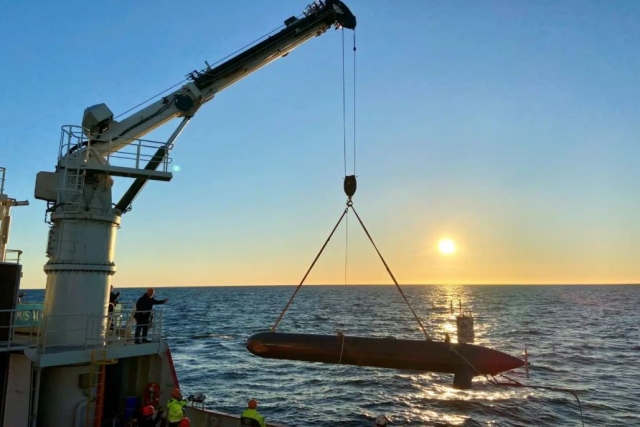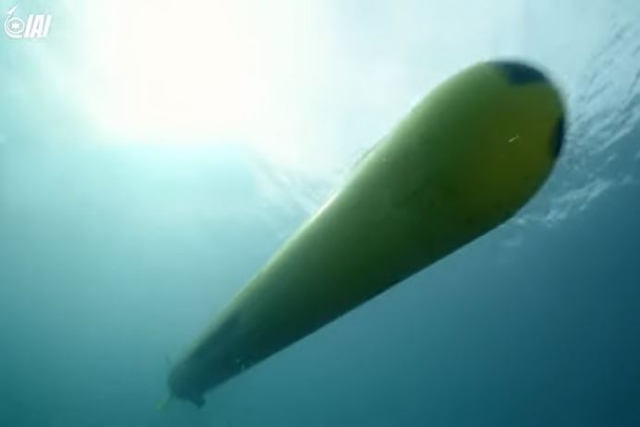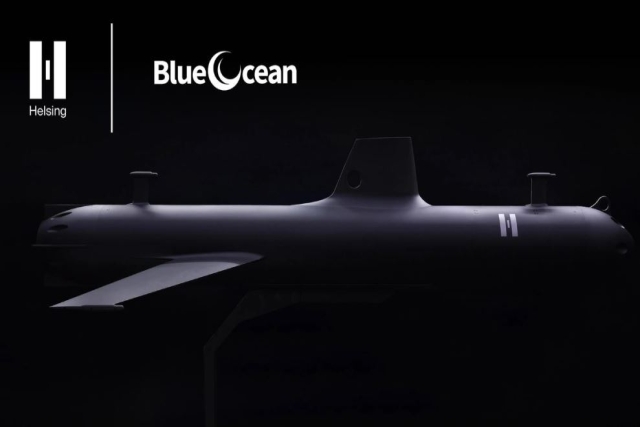German Navy Completes Trials for Israel-developed BlueWhale Autonomous Submarine
It is capable of performing covert operations including submarine detection and mine identification.

The German Navy has completed operational trials of the BlueWhale autonomous submarine in the Baltic Sea, in collaboration with NATO and Germany's Atlas Elektronik.
The trials, conducted as part of the Marine 2035 framework, evaluated the submarine’s capabilities in intelligence gathering, target acquisition, and underwater threat detection.
The BlueWhale, developed by Israel Aerospace Industries (IAI), is a 10.9-meter-long, 5.5-ton uncrewed underwater vehicle equipped with advanced sensors, sonar systems, and a telescopic mast for real-time data transfer. Its ability to perform covert operations, such as detecting submarines, gathering acoustic intelligence, and identifying naval mines, positions it as a game-changer in maritime defense.
The trials, coordinated with the Bundeswehr Technical Center for Ships and Naval Weapons (WTD 71), demonstrated the effectiveness of integrating autonomous systems into naval operations.
NATO’s Centre of Excellence for Operations supported the submarine's integration into the Navy’s situational awareness system, marking a step toward modernizing naval warfare under the Marine 2035 vision.
The German Navy’s Operational Experimentation (OPEX) program facilitated the testing, emphasizing innovation and realistic conditions to prepare for evolving maritime threats. BlueWhale’s capabilities align with the Navy’s focus on leveraging unmanned technologies to enhance operational efficiency and reduce risks to personnel.
This collaboration follows recent defense agreements, including Germany's procurement of the Arrow missile defense system, further strengthening military ties between Israel and Germany.










